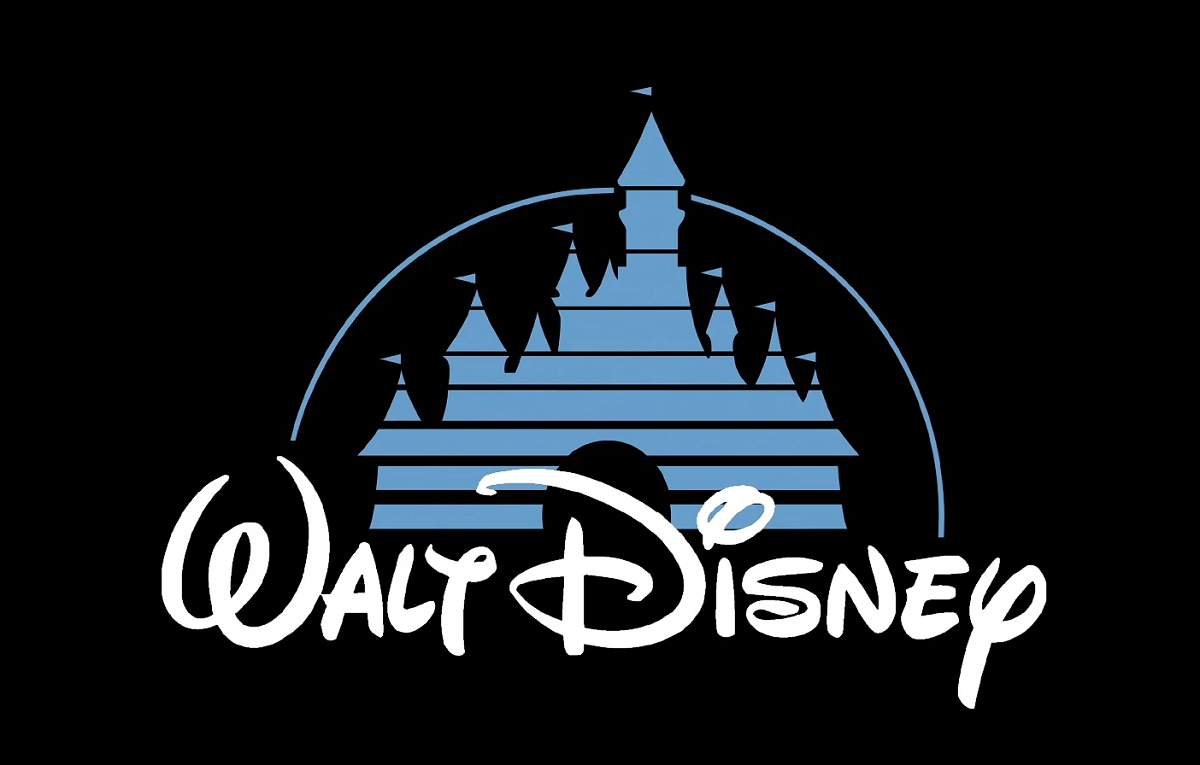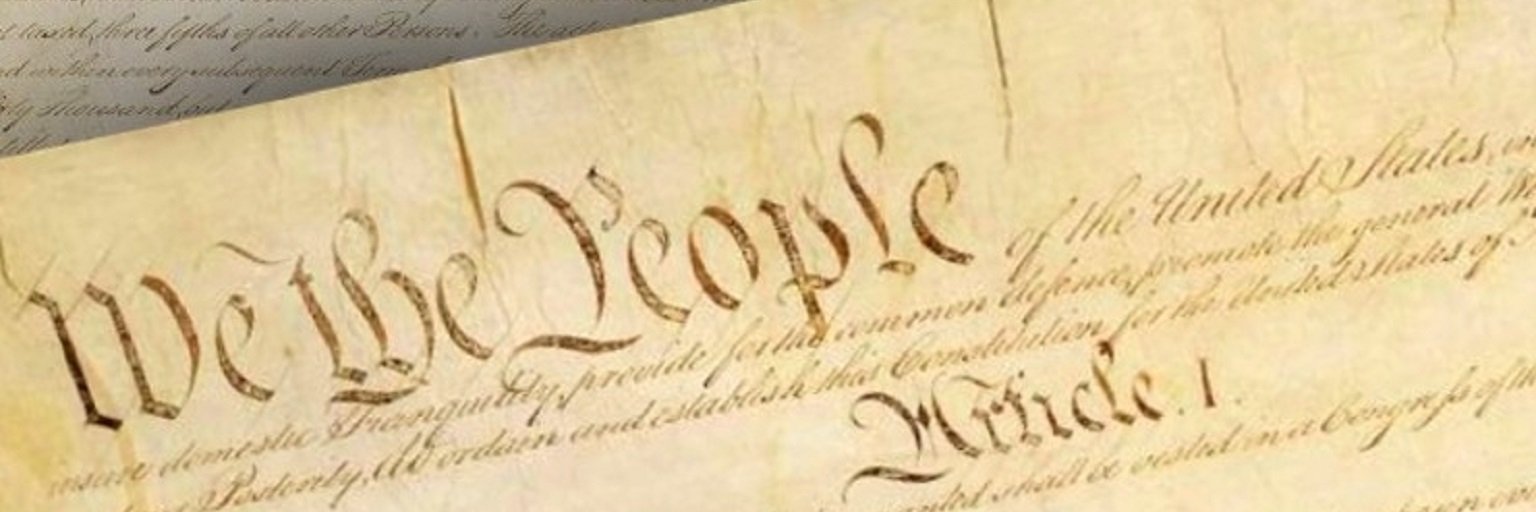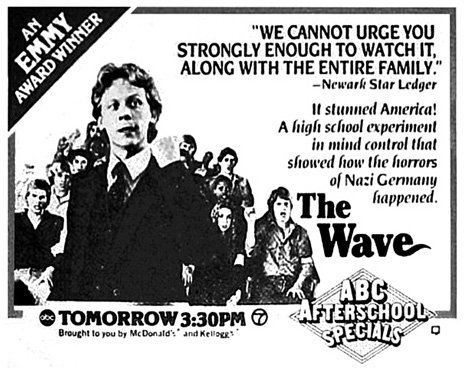Disney movies, whether animated or live-action, have long been known for their emotional depth, captivating storytelling, and themes of adventure, love, and heroism. However, when analyzed through a psychoanalytic or brainwashing lens, certain recurring motifs and themes across Disney films could be seen as tools for subtly shaping or influencing the viewer’s beliefs and behaviors. Here’s an analysis of recurring themes and specific movies that, if intended for brainwashing, might leverage certain points:
Common Themes in Disney Movies That Could Be Used for Brainwashing:
1. The Absence of Parents or Parental Figures
- In many Disney movies, parental figures are either absent, dead, or ineffectual. This motif allows the protagonists to experience a sense of freedom but also leaves them vulnerable, forcing them to take on roles of responsibility or grow up faster than expected.
- Psychological effect: The lack of strong parental guidance might foster independence, encouraging viewers to question authority or traditional family structures. In a brainwashing context, it could suggest that individuals should rely on themselves and not depend on external structures, such as families or authorities, for guidance. This could lead to a rejection of traditional family dynamics or societal norms.
- Movies with absent or ineffective parents:
- The Lion King (Simba’s father Mufasa is killed early, leaving him to navigate the world alone).
- Bambi (Bambi’s mother dies early, and he has to survive and grow up alone).
- The Little Mermaid (Ariel’s relationship with her father, King Triton, is strained, and she defies him).
- Aladdin (Aladdin’s parents are not mentioned, and he grows up on the streets).
- Frozen (Elsa and Anna lose their parents early in the story).
- Moana (Her father is somewhat distant, and Moana goes on a journey by herself).
2. Hero’s Journey: The Quest for Individualism
- Disney movies often follow the “Hero’s Journey” narrative arc, where the protagonist goes through trials, personal growth, and ultimately triumphs. This journey usually centers on self-discovery, embracing one’s identity, and following personal desires, often at the cost of societal norms or expectations.
- Psychological effect: This model can brainwash viewers into believing that following one’s own path and personal desires is the only true form of heroism. It could encourage people to reject societal expectations, family obligations, or authority in favor of self-actualization. In extreme cases, it might prompt a belief that individual desires should supersede collective or social responsibility.
- Movies with Hero’s Journey themes:
- The Lion King (Simba’s journey to accept his role as king).
- Aladdin (Aladdin discovers his worth through personal adventures).
- Mulan (Mulan’s quest to prove herself and save her family).
- Frozen (Elsa’s journey to self-empowerment).
3. The Rejection of Traditional Gender Roles
- Disney movies have evolved, especially in recent decades, to challenge traditional gender roles. Female protagonists like Mulan, Moana, and Elsa go on their own adventures, fight their own battles, and achieve greatness without depending on male figures.
- Psychological effect: This could be seen as a brainwashing tool to promote gender equality by subtly encouraging viewers to believe that traditional gender roles are restrictive. It might encourage young viewers (especially girls) to believe that they do not need to fit into societal expectations of femininity and can pursue any dream, challenging conventional gender roles.
- Movies challenging gender roles:
- Mulan (Mulan defies gender expectations to join the army and save China).
- Moana (Moana is a strong, independent leader, defying her father’s wishes).
- Frozen (Elsa and Anna display independence, with Elsa becoming a queen on her own terms).
4. Romanticized Individualism
- Many Disney films romanticize the idea of an individual breaking free from societal restrictions, often symbolized by the protagonist leaving home or defying authority to follow a personal dream. This is often paired with the protagonist achieving their goal and finding happiness by embracing their true self.
- Psychological effect: This could encourage an unhealthy obsession with individualism, suggesting that personal success and happiness are best achieved through rebellion or breaking away from traditional structures. It could lead to disillusionment with societal structures, family obligations, or communal responsibility in favor of focusing on personal goals and desires.
- Movies promoting romanticized individualism:
- The Little Mermaid (Ariel defies her father to pursue her personal desires).
- Aladdin (Aladdin defies his humble origins to win the love of Princess Jasmine).
- Cinderella (Cinderella breaks free from her oppressive stepmother’s control).
- Tangled (Rapunzel leaves her tower to discover the world).
5. Villains Representing Authoritarianism or Restrictive Systems
- Disney villains often represent forms of authority, tradition, or restriction that the protagonists must overcome. This can reinforce the idea that oppressive systems (whether familial, political, or social) must be challenged in order to achieve personal freedom and happiness.
- Psychological effect: By portraying authority figures as the “bad guys” (who are typically authoritarian, controlling, or traditional), these films can subtly encourage viewers to question or rebel against authority figures, social norms, or government institutions. This could be particularly persuasive in fostering distrust of institutions or systems of control.
- Movies with authoritarian villains:
- The Little Mermaid (Ursula represents oppressive control over Ariel’s freedom).
- Snow White and the Seven Dwarfs (The Evil Queen represents vanity and authority).
- The Lion King (Scar represents tyranny and usurpation).
- Aladdin (The Sultan and Jafar represent oppressive rule and control).
6. Magical Thinking and the Rejection of Reality
- Disney movies often employ elements of fantasy, magic, and impossibly perfect worlds (e.g., talking animals, magic wands, enchanted kingdoms). These films create a reality where everything is possible if you believe in yourself or stay true to your heart.
- Psychological effect: The constant introduction of magical thinking might foster an unrealistic view of the world, suggesting that if you wish hard enough or act with enough faith, everything will turn out well. In a brainwashing context, this could make people more susceptible to magical thinking or ideologies that promise idealized outcomes without real-world consequences, such as political promises, ideologies, or unattainable societal perfection.
- Movies with magical thinking:
- Cinderella (Fairy godmother grants wishes, creating a magical transformation).
- Alice in Wonderland (The fantastical, illogical world promotes a sense of whimsy and surrealism).
- Frozen (Elsa’s powers represent an almost magical solution to her problems).
- The Little Mermaid (Ariel’s deal with Ursula is a form of magical thinking).
7. Simplification of Morality (Clear Distinction Between Good and Evil)
- Disney films often have very clear lines between “good” and “evil,” with heroes embodying virtues such as kindness, bravery, and loyalty, while villains are evil for obvious reasons, such as jealousy or selfishness. This simplification may help viewers easily understand moral lessons.
- Psychological effect: This binary view of good versus evil could influence viewers to adopt black-and-white thinking in their own lives, believing that moral decisions are always clear-cut and ignoring the complexities of real-world situations. In a brainwashing context, this could encourage a simplistic worldview where “good” is easily identifiable, and those who oppose certain ideologies or systems are seen as “evil” or immoral.
- Movies with clear morality:
- The Lion King (Simba represents good, Scar represents evil).
- Beauty and the Beast (Beast represents redemption, Gaston represents villainy).
- Snow White and the Seven Dwarfs (Snow White is good, Evil Queen is evil).
- Aladdin (Aladdin is good, Jafar is evil).
Conclusion:
Disney movies, with their recurring themes of individualism, parental absence, rebellion against authority, and simplified moral structures, could, in a brainwashing context, encourage viewers to reject societal norms, question authority, and prioritize personal freedom and desires over communal or familial obligations. They often promote magical thinking, unrealistic expectations, and a clear distinction between good and evil, subtly influencing young minds toward simplistic, idealized worldviews. The overarching themes of personal growth, independence, and rebellion against oppressive systems could potentially mold individuals to think critically about societal structures but also to embrace ideologies or actions that prioritize personal freedom above all else.




